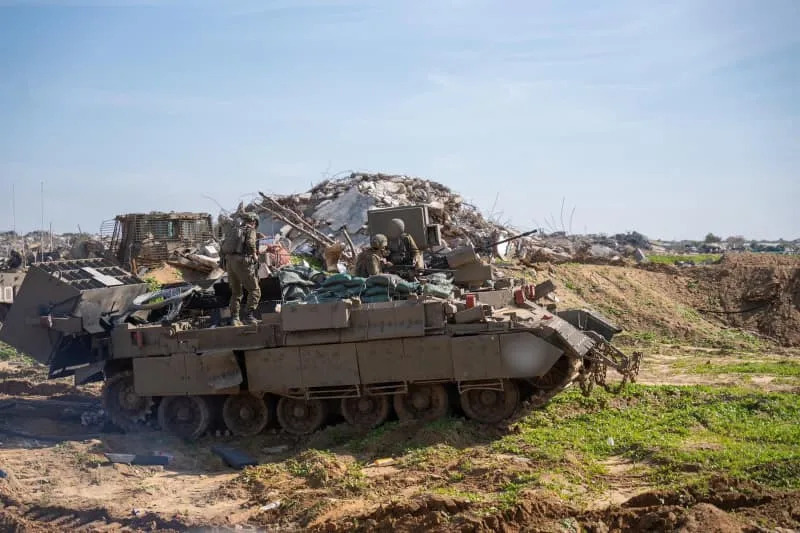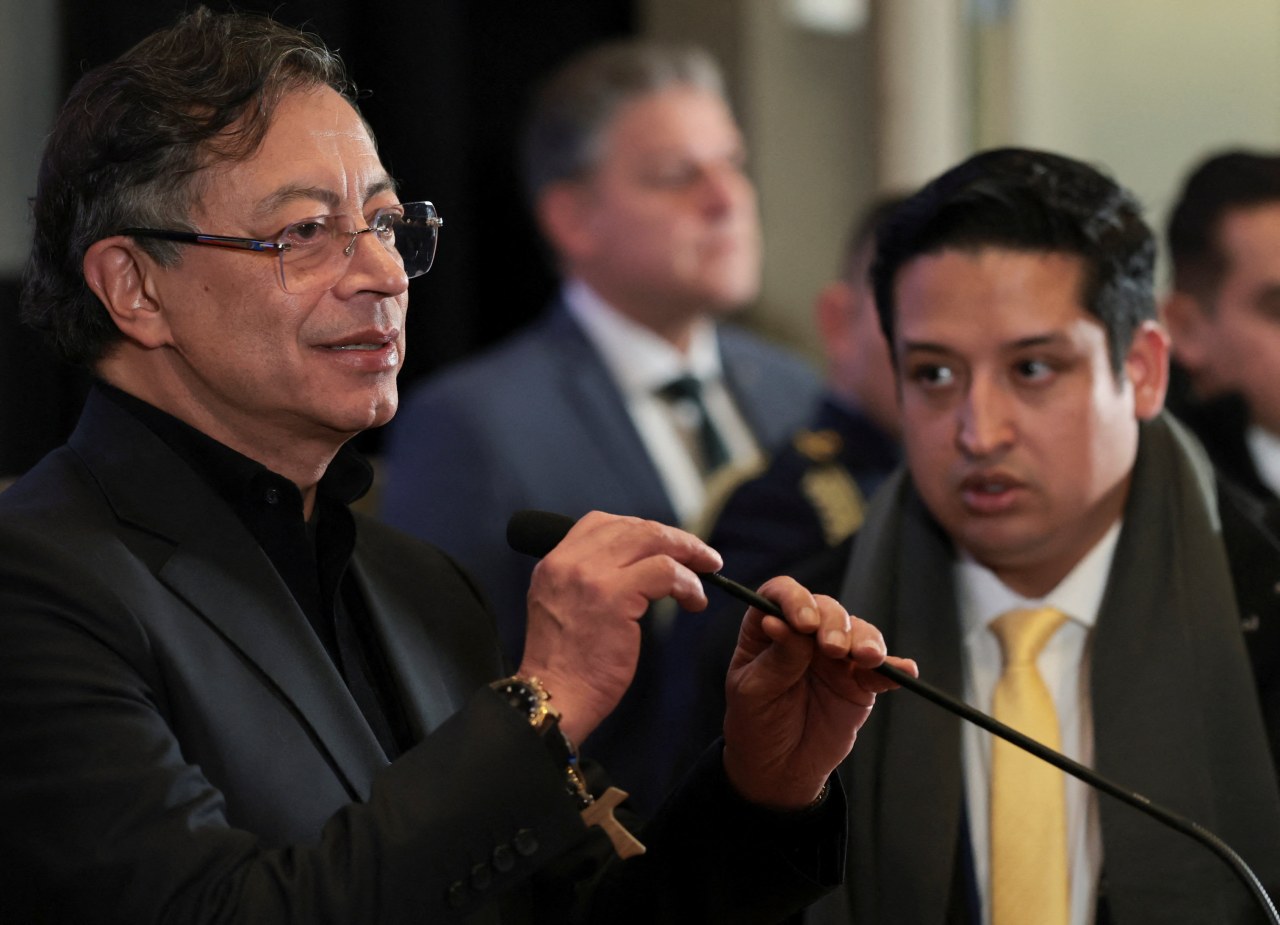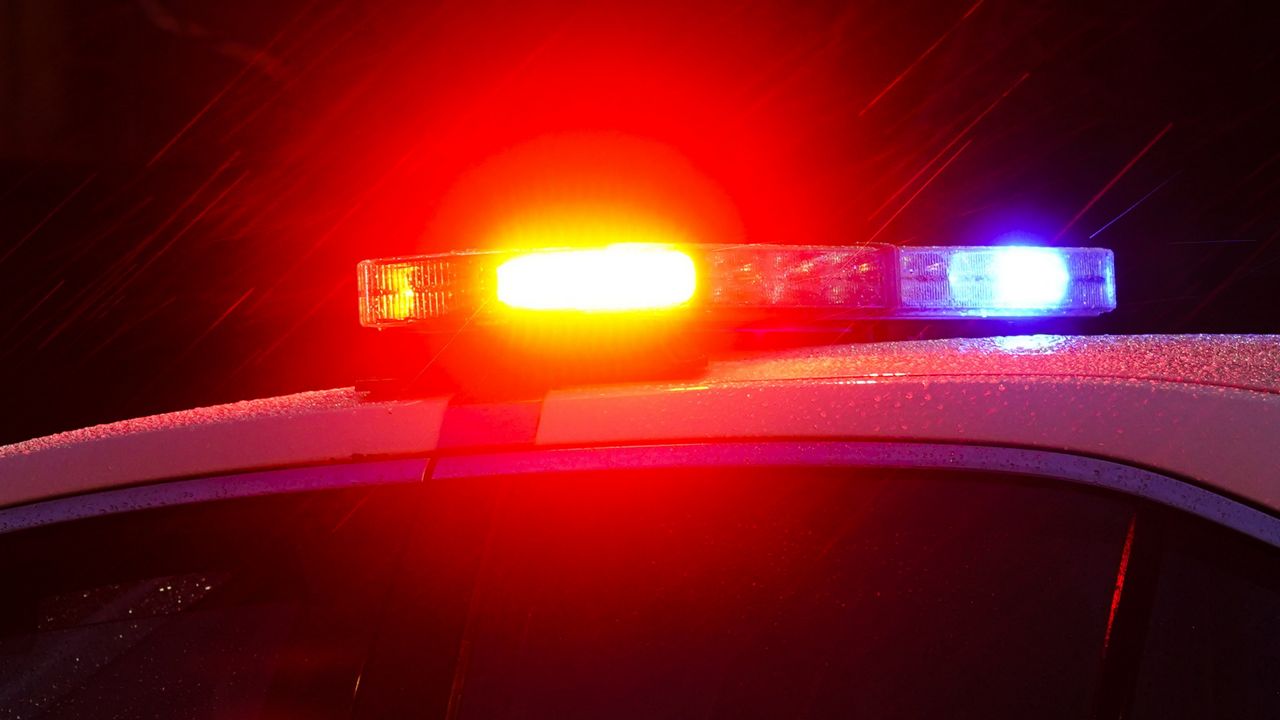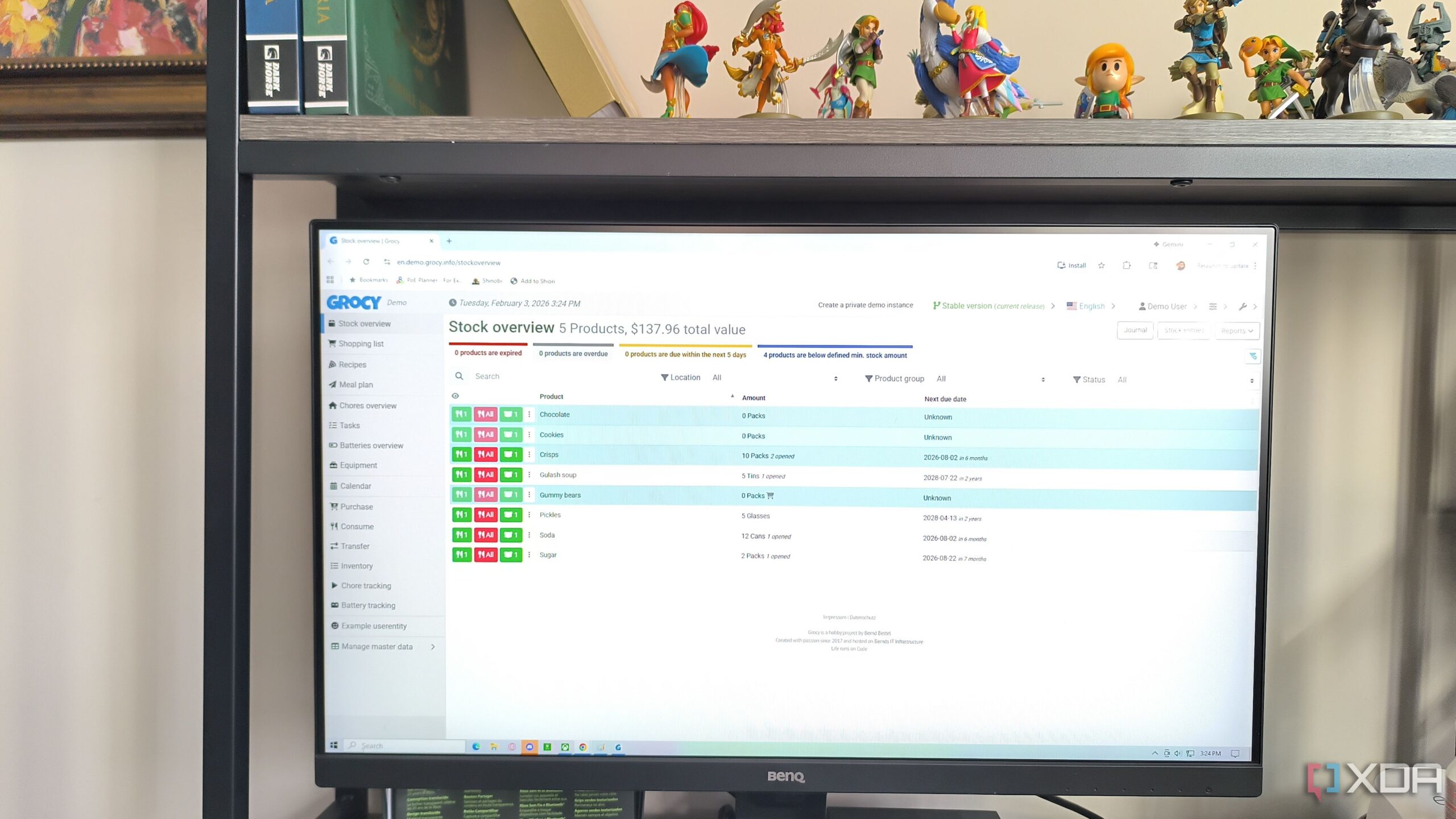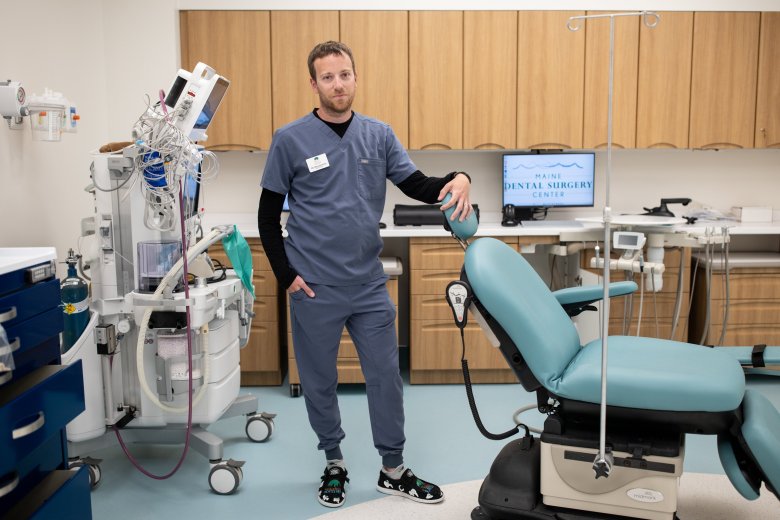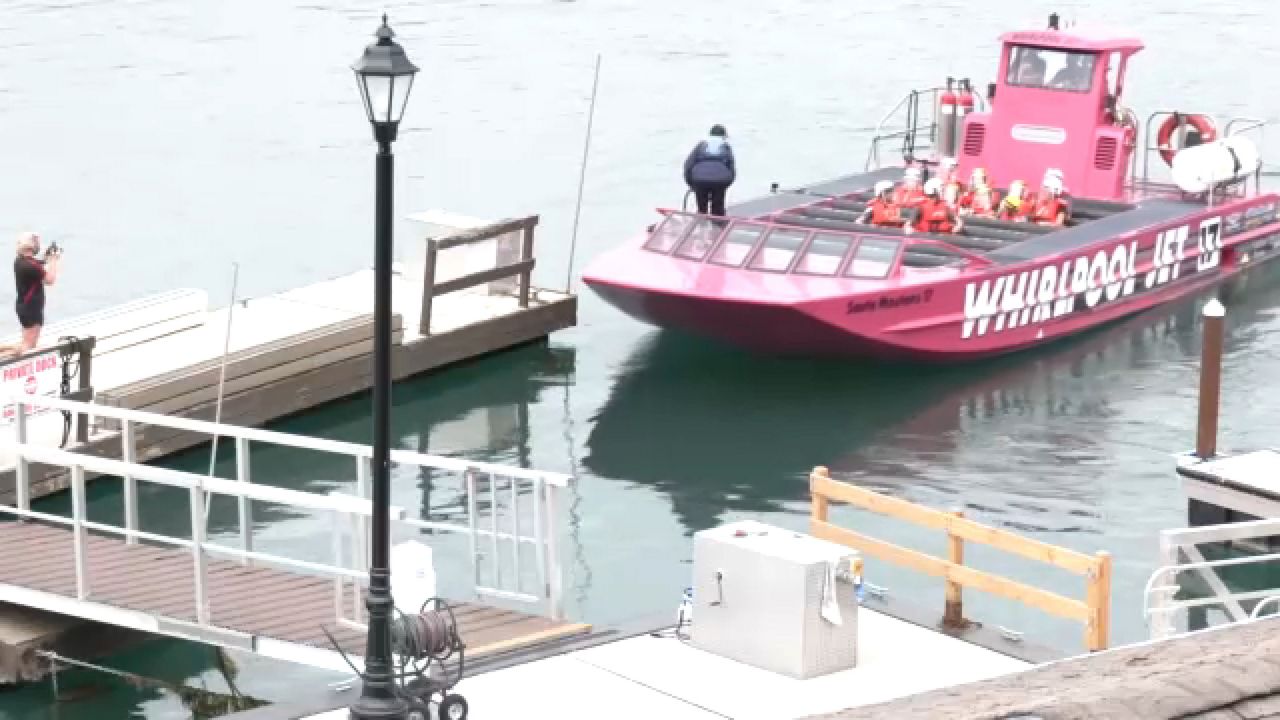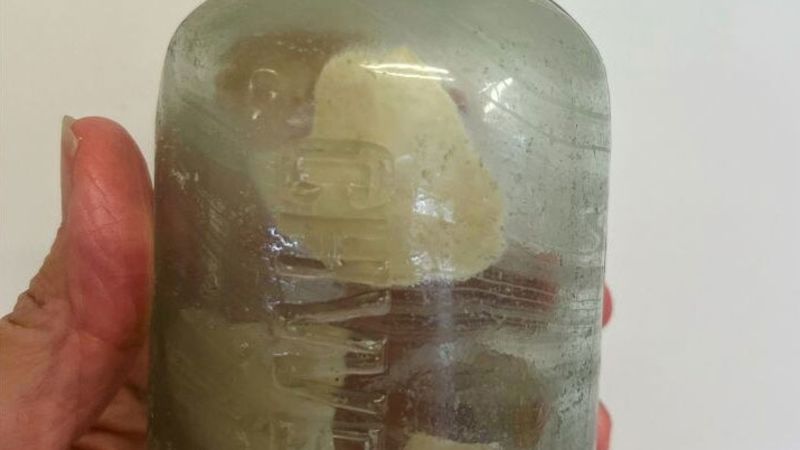
Messages in a bottle written by two Australian soldiers during World War I have been unearthed on a beach in Western Australia more than a century later. The discovery occurred on October 9, 2023, when the Brown family found a Schweppes-brand bottle just above the waterline at Wharton Beach near Esperance. Deb Brown shared that her husband Peter and daughter Felicity made the find while cleaning the beach, a regular family activity to remove litter.
Inside the clear, thick glass bottle were letters penned by Privates Malcolm Neville, aged 27, and William Harley, aged 37, dated August 15, 1916. Their troop ship, HMAT A70 Ballarat, departed from Adelaide, South Australia, on August 12, bound for the battlefields of France. The soldiers were en route to reinforce the 48th Australian Infantry Battalion on the Western Front.
Neville was killed in action a year later, while Harley survived the war despite being wounded twice. He returned to Adelaide, where he died in 1934 from cancer, which his family attributes to exposure to gas during combat. In his letter, Neville requested that the finder deliver his message to his mother, Robertina Neville, in Wilkawatt, now a largely abandoned town in South Australia. Harley, whose mother had already passed away by 1916, expressed his willingness for the finder to keep his note.
The messages revealed a glimpse into the soldiers’ spirits during their journey. Neville wrote that he was “having a real good time,” noting that the food was good except for one meal that they “buried at sea.” He described the ship as “heaving and rolling,” adding, “we are as happy as Larry,” a now outdated Australian colloquialism meaning very happy. Harley mentioned their location as “Somewhere in the Bight,” referring to the Great Australian Bight, an expansive bay stretching from Adelaide to Esperance.
Deb Brown speculated that the bottle had likely spent a significant amount of time buried in the sand dunes, and recent erosion along Wharton Beach may have dislodged it. Although the paper inside was wet, the writing remained legible, allowing her to contact the soldiers’ relatives. She emphasized the bottle’s excellent condition, stating, “It doesn’t have any growth of any barnacles on it. I believe that if it had been at sea or if it had been exposed for that long, the paper would’ve disintegrated from the sun.”
The discovery has deeply affected the families of the soldiers. Ann Turner, Harley’s granddaughter, expressed her astonishment, saying, “We just can’t believe it. It really does feel like a miracle and we do very much feel like our grandfather has reached out for us from the grave.” Meanwhile, Neville’s great-nephew, Herbie Neville, remarked on the significance of the find, stating, “It sounds as though he was pretty happy to go to the war. It’s just so sad what happened. It’s so sad that he lost his life. Wow. What a man he was,” conveying his pride in his ancestor.
This remarkable discovery not only sheds light on the personal experiences of two soldiers during a tumultuous period in history but also connects their descendants to their past, illustrating the enduring legacy of those who served in World War I.
